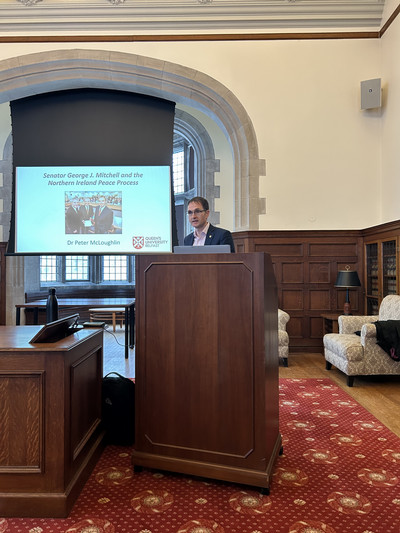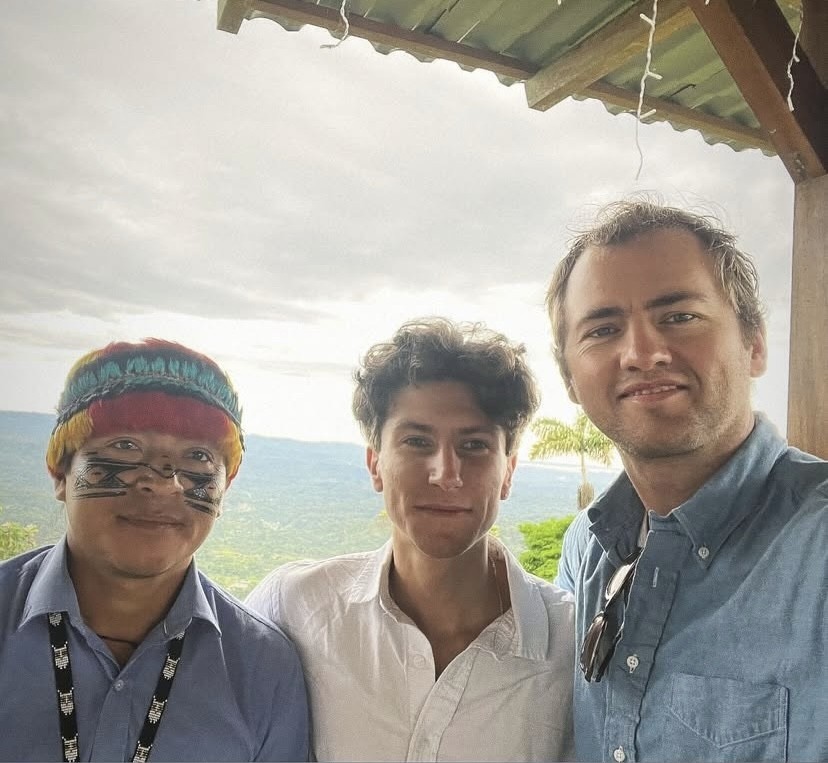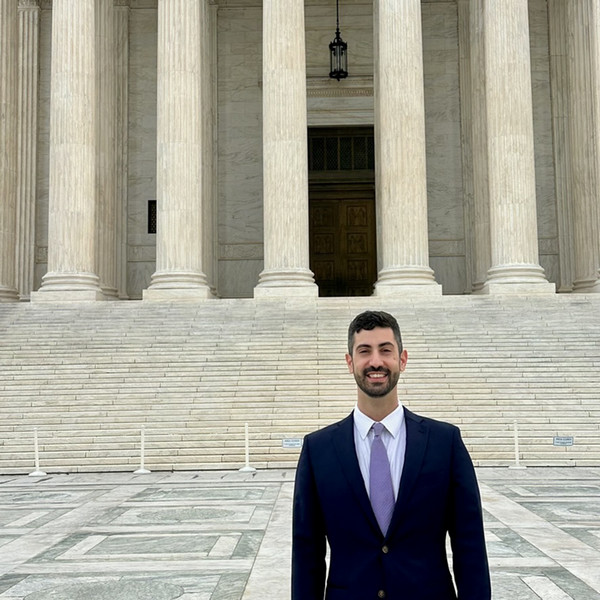Government and Asian Studies Professor Shares Thoughts on China-Russia Relations
By Tom PorterWhat does the recent invasion of Ukraine mean for diplomatic relations between Russia and its traditional ally China? What are the parallels between Ukraine and Taiwan, the democratic island state threatened by its Chinese neighbor?
These are some of the questions on the mind of Associate Professor Government and Asian Studies Christopher Heurlin, director of Bowdoin’s Asian Studies Program. They are also questions being discussed with students this semester in his class Capitalism and State Power in China (GOV 3410/ASNS 3060). Heurlin describes some of the key issues under the spotlight:

Hardening National Identities and Morale
Both Taiwan and Ukraine came into the twenty-first century with publics who were somewhat split in their ethnic identities. In Ukraine this came in the form of a divide over Ukrainian vs. Russian identities, while in Taiwan this came in the form of “mainland” vs. Taiwanese identities. In both countries we have seen strong shifts in the past decade toward a Ukrainian and Taiwanese identity, respectively. The Ukrainians have mounted a stubborn defense with widespread participation of the civilian population (a defensive strategy that is especially common in Scandinavia). It's likely that the Taiwanese would also mount a relatively heavy resistance.
The Language the Chinese Government Used to Describe Ukraine
Early on in the invasion, the language that the Chinese government used to describe the situation—particularly the call for all sides to be responsible and blaming the conflict on US belligerence—is exactly the kind of language it uses in the conflict over North Korea’s nuclear weapons. It only very rarely blames North Korea directly. This suggests that China will be unwilling to abandon Russia as an ally, even though it may be privately troubled by the invasion.
The Logistical Difficulties of an Invasion
Russia struggled much more than most observers expected in mounting a land invasion from three sides of the country. It seems that a good part of this was due to logistical challenges. The challenges for China in invading Taiwan are orders of magnitude more difficult. An invasion of Taiwan would have to be amphibious, and China’s abilities to mount an amphibious invasion—even only in terms of transport capabilities—are growing but remain very limited. The logistical and procurement branch of the People’s Liberation Army (PLA) has also been generally regarded as the most corrupt branch of the military. Beijing is probably taking a very hard look at its ability to mount an amphibious invasion successfully.
China Wants to See Itself as Ukraine
Beijing’s first instinct is not necessarily to identify with Russia. China sees itself as more akin to Ukraine. The regional hegemon (the US) has supported a group of rebels (Taiwan) who wish to break away and form a new government, threatening the territorial integrity of the country (China). China has always positioned itself as a staunch defender of national sovereignty, and its support for Russia goes against this position.
The War in Ukraine May Accelerate “Decoupling”
Decoupling is the idea that the American and Chinese economies—closely intertwined for the past two decades—are starting to move in separate directions. China and Russia have very different economies: China exports a wide variety of high-value and technically complex products, while Russia largely only exports oil and gas. The West, however, has moved much further in cutting off Russia from the international economy than anyone expected. It would be more costly for Western countries to punish China in a similar manner, but the possibility of such sanctions would certainly be on Beijing’s mind as it considers the possibility of an invasion of Taiwan. It may be that this will push the Chinese to accelerate decoupling from the US as a means of making themselves less vulnerable to Western sanctions.



